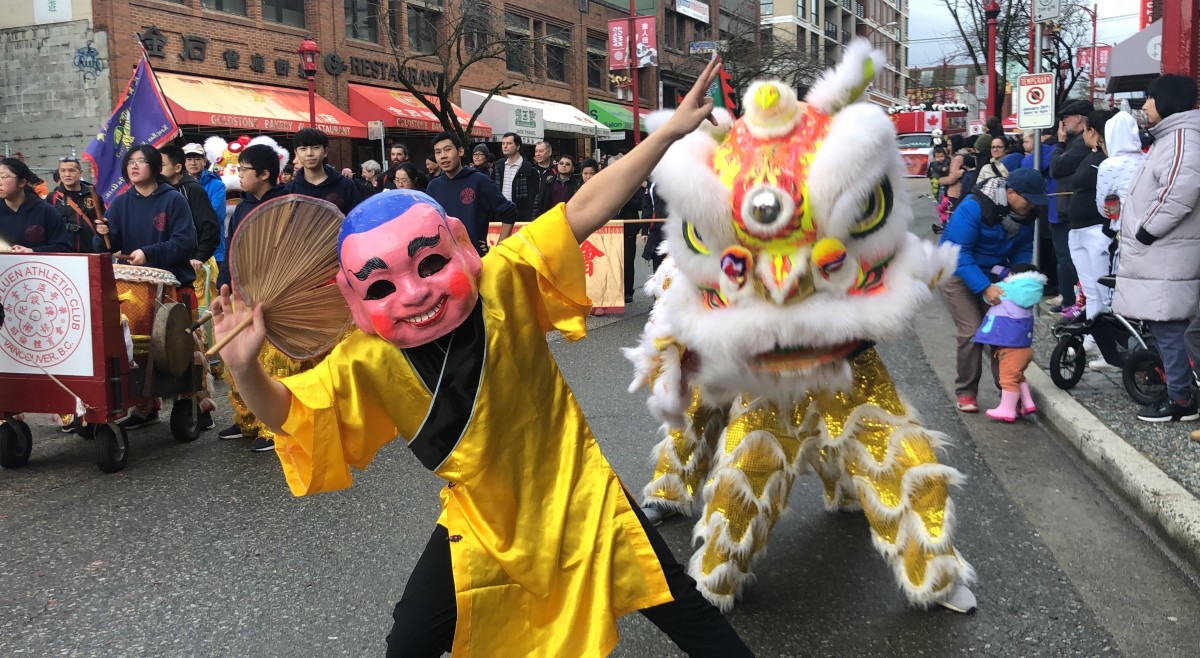While some B.C. tourist destinations have benefited from millions of dollars in federal cash during the COVID-19 pandemic, Vancouver’s Chinatown is all but alone in its recovery and community advocates say the sorry state of the heritage area highlights the inequities racialized communities face.


“It’s not just Chinatown that’s hurting,” Michael Tan, a UBC Sauder School of Business graduate and financial professional, told Global News, “but communities like Chinatown that have difficulty accessing a lot of these governmental programs.”
Tan grew up in Chinatown and was troubled to see what he considers a “cultural treasure” show signs of decline in recent years.
As co-chair of the Chinatown Legacy Stewardship Group, Tan began lobbying on behalf of local merchants before COVID-19 dealt another blow to the historic neighbourhood.
“Nobody experienced this before,” New Town Bakery owner Susanna Ng said.

Get weekly health news
When COVID-19 hit, Ng said there was panic in Chinatown.
Although business slowed due to pandemic restrictions, Ng, who has been selling her famous steam buns since 1980, managed to stay open.
She says her specialty product has allowed her to build up a loyal customer base over four decades.
“A little bit unique and a different recipe from others,” Ng said. “That’s why we can survive.”
But Ng is worried for her neighbours, especially new businesses.
“If they’re not established before the pandemic, it’s really tough.”

The global pandemic forced many small businesses to close and led to more vacant storefronts in Chinatown, which was designated as a National Historic Site of Canada in 2010.
“It’s basically a zero-dollar effort to assist the neighbourhood,” Tan said.
Granville Island received $17 million in emergency relief funding last year while Ottawa has earmarked another $22 million for the federally-owned property in the 2021 budget.
But Tan said there’s no COVID-19 lifeline for Vancouver’s Chinatown.
“It seems that every time there’s some sort of governmental initiative that Chinatown continues to be overlooked time and time again,” he said.
“Because of that unequal access, now they’re even worse off.”
The apparent inequity is also frustrating for those on the ground who deal with ongoing garbage and graffiti.
Chinese Cultural Centre chair Fred Kwok regularly sees filth on the streets, business lots turned into landfills, doorways defaced and alleys tagged with signs of disrespect.

“The neglected nature of what’s happening in Chinatown is really, I think, going to basics of sanitation as well as street maintenance,” Andy Yan, urban planner and director of SFU’s City Program, told Global News.
Yan said Chinatown was facing changing demographics and a shifting economy prior to the COVID-19 pandemic, which disrupted tourism and restaurants.
Yan said a cash injection is needed to bring back the small business and cultural infrastructure shut down by the pandemic.
“We’re going to need to look at that type of investment and re-investment in terms of building that post-COVID economy.”
Tan believes Chinatown is a good investment.
“Chinese Canadians building the railway, going to fight — they were not even called Canadian,” he said.
The immigrant story he said, resonates with everyone, and we can all help build a stronger and better Chinatown by supporting local shops and eateries.
“The cultural heritage here in Chinatown is so important to conserve for future generations,” Tan said.
- Myles Gray was injecting unprescribed testosterone, doctor tells hearing into patient’s death
- Canadian government considers police increase in small communities like Tumbler Ridge
- B.C. man cured of rare disease in world-first for new gene-editing technology
- Why travel experts say book your summer travel now










Comments
Want to discuss? Please read our Commenting Policy first.